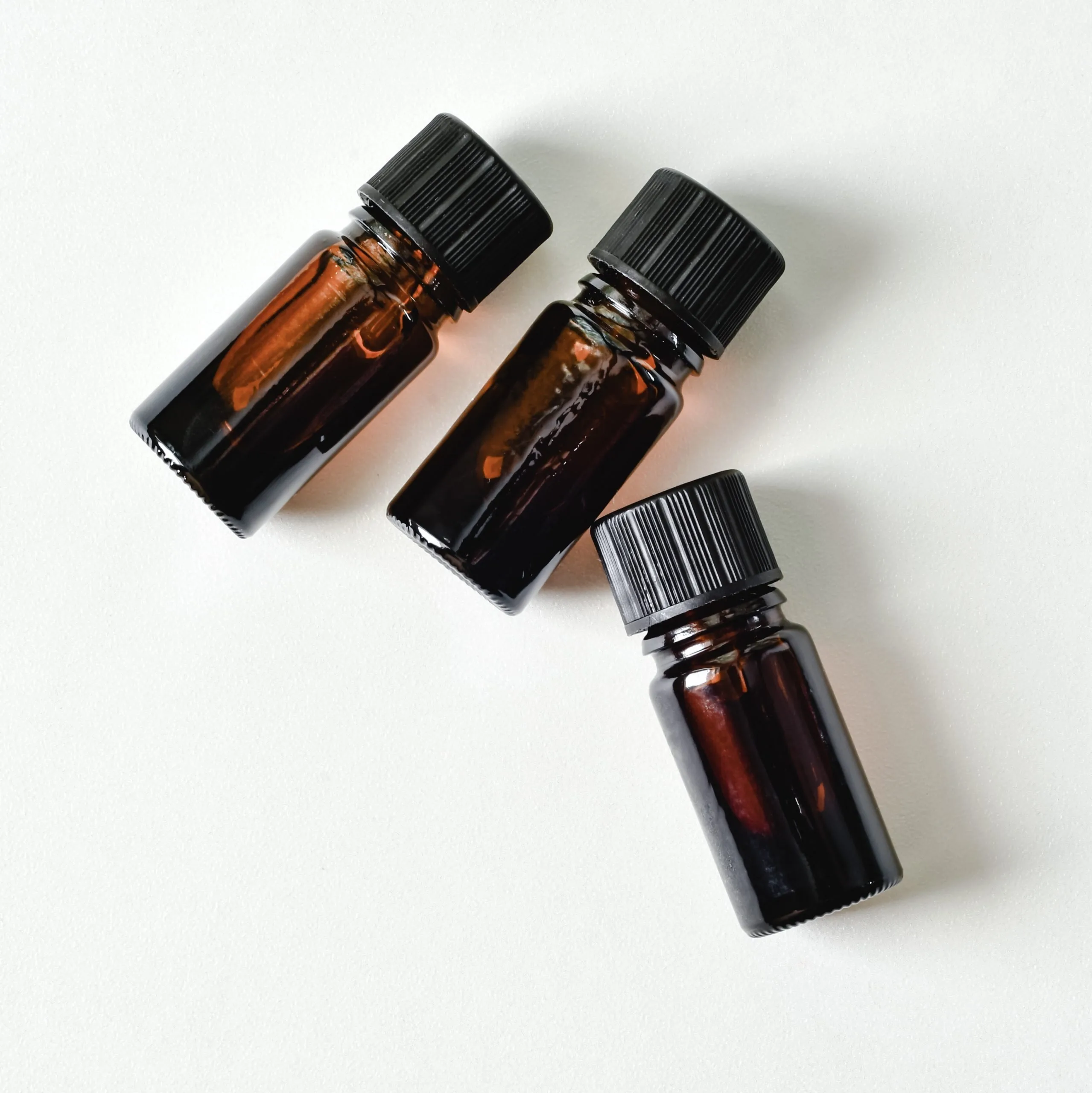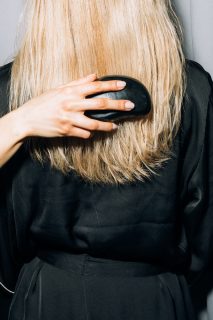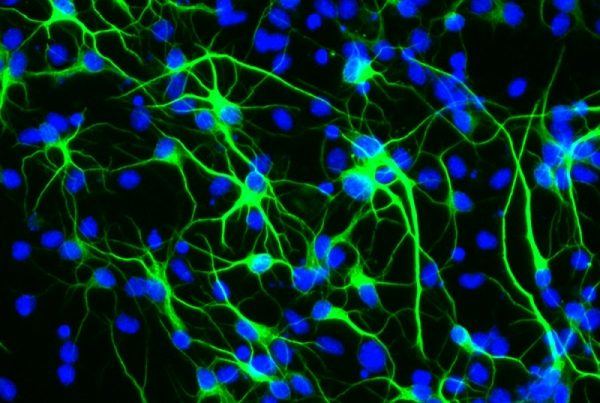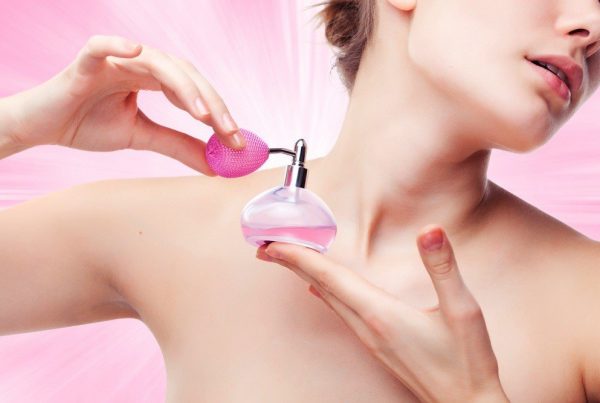Most of us have heard of essential oils when it comes to aromatherapy. In the past few years, bergamot oil has become more popular. This is mostly due to all the buzz surrounding how beneficial it could be for your hair. But there’s more to bergamot oil than simply a hair treatment that can be used to soften and smooth hair. It can be used for a wide range of treatments, including, but not limited to aromatherapy, stress reduction and may even be helpful for alleviating pain.
What is bergamot oil?
 Bergamot is an essential oil that is extracted from the peel of bergamot oranges. The tree itself can be traced back to Southeast Asia but is most notably grown in Southern Italy. Particularly in a town called Bergamo from which it gets its name. It is said to have healing properties and has a light citrusy scent with ‘floral notes’. Most commonly, bergamot is used in aromatherapy. It has many uses, however, most commonly, it is used to boost mood and alleviate stress.
Bergamot is an essential oil that is extracted from the peel of bergamot oranges. The tree itself can be traced back to Southeast Asia but is most notably grown in Southern Italy. Particularly in a town called Bergamo from which it gets its name. It is said to have healing properties and has a light citrusy scent with ‘floral notes’. Most commonly, bergamot is used in aromatherapy. It has many uses, however, most commonly, it is used to boost mood and alleviate stress.
It is said to have properties similar to those of grapefruit essential oil. Namely, according to Cathy Wong of Very Well Health “antiseptic, antispasmodic, and analgesic (pain-relieving)” properties. Some studies also indicate that it may offer some benefit when it comes to skin infections. Another possible use is for the treatment of high cholesterol. In most cases, bergamot oil is applied topically, but some practitioners do recommend using it orally in a tonic.
How to use it
Bergamot is most famed for its distinctive, citrusy scent. It’s used in a wide variety of beauty products including cologne, perfume, toiletries and cosmetics. It is also used in food and drink flavoring and is also noted for its medicinal value. As far as taste goes, it’s quite a distinctive flavor. If you drink Earl Grey tea then you know what bergamot tastes like.
What are the benefits associated with bergamot oil?
Aromatherapy
Aromatherapy is probably the most common use of bergamot oil. It’s best known for its soothing properties. According to many aromatherapy practitioners, bergamot when inhaled or absorbed through the skin triggers the body to send signals to the limbic system. The limbic system is important

Photo by Anna Shvets from Pexels
because it regulates emotions and memories. This means that it can induce psychological effects including “a reduction in blood pressure, heart rate, and respiration, and an increase in the “feel-good” hormone serotonin and the neurotransmitter dopamine”.
If you want some of the benefits associated with aromatherapy without the steep prices associated with treatments, Healthline suggests:
- Add it to body lotion and massage it into the skin
- Add it to products such as body wash, shampoo and even facial scrubs
- Use it as a scent in home-made candles or add it to your vaporizer or humidifier
Skin and hair
It may not be the first thing that comes to mind but bergamot oils are frequently used in skin products and some studies suggest that it may be helpful for people who struggle with acne. It is, however, important to mention that it is not recommended as a spot treatment for more sensitive skin. Its use in skincare is mostly down to its antibacterial and anti-inflammatory properties.
If you want to use bergamot oil as a skin treatment for spots, Healthline suggests the following guidelines:
-

Photo by KoolShooters from Pexels
Apply it only when mixed with a carrier oil (examples of carrier oils include: coconut oil, sweet almond oil, olive oil, organ oil or sunflower oil).
- Apply only to the affected area (the spot or cyst)
- Leave it on overnight
- Do not use it during the daytime.
When it comes to using bergamot oil for hair, it is usually associated with softening hair and taming curls. Some evidence suggests that it may aid in the treatment of irritated scalps. If you do want to add bergamot oil to your hair care routine, you can either add it to your shampoo and/or conditioner, or you can mix some with a carrier oil and massage it into your scalp for overnight hair treatment.
Anxiety and stress
Most of the studies that associate bergamot oil with a reduction in stress and anxiety are anecdotal and/or very small studies. One of these small studies was done in 2015 on women in Japan. This particular study found that, in the case of these participants, inhaling bergamot oil in water vapour reduced feelings of anxiety and fatigue. An article that was published in 2013 found that “bergamot (among other essential oils) can relieve depression, anxiety, and other mood disorders by signalling the brain to release dopamine and serotonin“.
Pain and inflammation
Two of the main compounds found in bergamot oil are linalool and carvacrol. A 2017 review analyzed the effects of certain essential oil compounds on pain response in humans. From this review, it was ascertained that linalool and carvacrol, in particular, have “analgesic, anticonvulsant, and anti-inflammatory capabilities”. This is particularly true when the oil is applied directly to the skin. However, the review did note that further studies were required to ascertain the toxicity or lack thereof when it comes to the use of bergamot oil.
Could it be risky?
As with many other things, the answer seems to be sometimes. Some people, particularly those with very sensitive skin, find that it irritates the skin. This was especially true when it was not diluted with a carrier oil. In these cases, the bergamot oil caused allergic dermatitis.
was especially true when it was not diluted with a carrier oil. In these cases, the bergamot oil caused allergic dermatitis.
The symptoms include
- Redness of the skin
- Hives
- A burning sensation
- Blistering
- Pain
Ideally, you may want to patch test any essential oil on your skin before using it more widely on the body in case of an adverse skin reaction. Healthline recommends that you do so by rubbing a small amount of the diluted oil mixture on your forearm. If, after 24 hours, there is no reaction, you’re in the clear.
It’s also important to note that using it in a diffuser can have a negative impact on children, pets and pregnant women. Other issues include the fact that it can also interact negatively with sunlight and should be used only at night. Another possible issue is the interaction between bergamot and antibiotics and/or other medications. It’s best to check with your doctor that it is safe to use before adding it to your routine.
References
https://www.healthline.com/health/bergamot-oil#for-skin
https://www.healthline.com/health/carrier-oil#sunflower-oil
https://www.verywellhealth.com/the-benefits-of-bergamot-essential-oil-88774
https://www.healthline.com/health/mental-health/serotonin
https://www.healthline.com/nutrition/how-to-increase-dopamine




![women [longevity live]](https://longevitylive.com/wp-content/uploads/2020/01/photo-of-women-walking-down-the-street-1116984-100x100.jpg)










